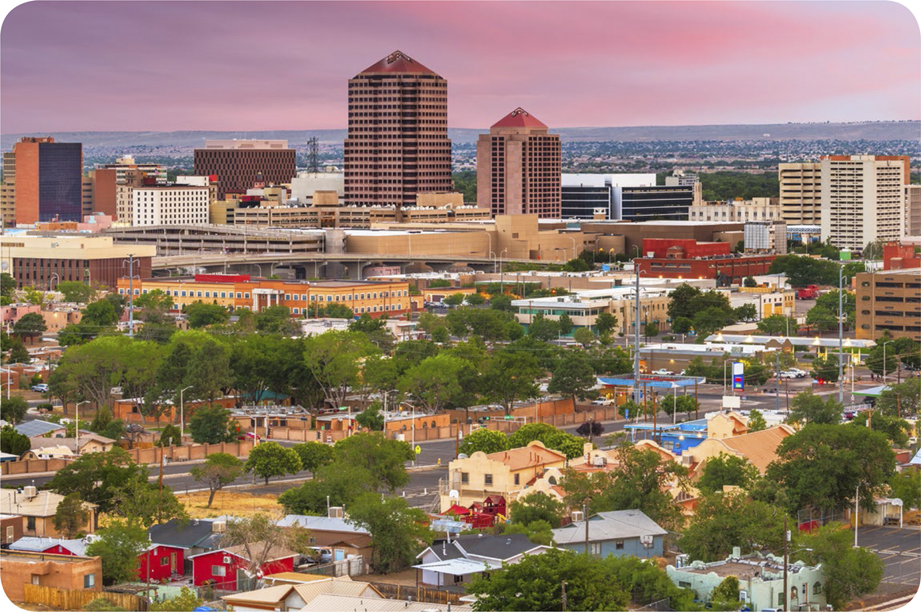APSA held its 16th Teaching & Learning Conference (TLC) from February 7–9, in Albuquerque, New Mexico. The program committee, led by co-chairs Sara Parker (Chabot College) and Shane Nordyke (University of South Dakota) organized a dynamic program of track sessions and workshops around the theme “Teaching to Empower Students.” The program opened with a keynote address by Lori M. Poloni-Staudinger (Northern Arizona University) and J. Cherie Strachan (Central Michigan University) titled “Democracy is More Important Than a P-Value: Embracing Political Science’s Civic Mission through Intersectional Engaged Learning.”
During the plenary keynote session, APSA President Paula McClain (Duke University) offered remarks and presented two prestigious awards: the Michael Brintnall Award to John Twichell (University of Miami) and the 2020 CQ Press Award for Teaching Innovation to Jennie Sweet-Cushman (Chatham University).
The 2020 APSA Teaching & Learning Conference focused on sharing knowledge, innovations, and teaching techniques that strive to empower students. In addition, the working group “track” model of the conference allowed in-depth discussion and debate on pedagogical issues relevant to teaching political science. This year the track themes focused on civic engagement; simulations and games; general education and interdisciplinary teaching; the virtually and technologically enhanced classroom; teaching research, writing, and information literacy; community engagement and experiential learning; inclusivity in classroom; and rethinking the undergraduate political science major. The 2020 TLC featured a new exciting professional development series as well, including workshops on “Articulating Your Teaching Philosophy” and “Using the Classroom as a Springboard for Broader Voter Student Engagement.”
APSA staff and TLC organizers thank those who participated and those who support APSA’s efforts to highlight excellence in the scholarship of teaching and learning. The TLC has been a central part of APSA programs supporting the practice and scholarship of teaching and learning since 2005.
Over the years, TLC has had considerable impact on teaching political science by providing an avenue to facilitate discussions among political scientists. Many political scientists have implemented some of the innovative techniques and simulations they learned at the TLCs. This year’s fruitful meeting continued this tradition. The proceedings of the meeting will be shared discipline-wide through the track summaries featured in the July issue of PS: Political Science & Politics.

Albuquerque, NM, location of the 16th Teaching & Learning Conference (copyright Sean Pavone)


